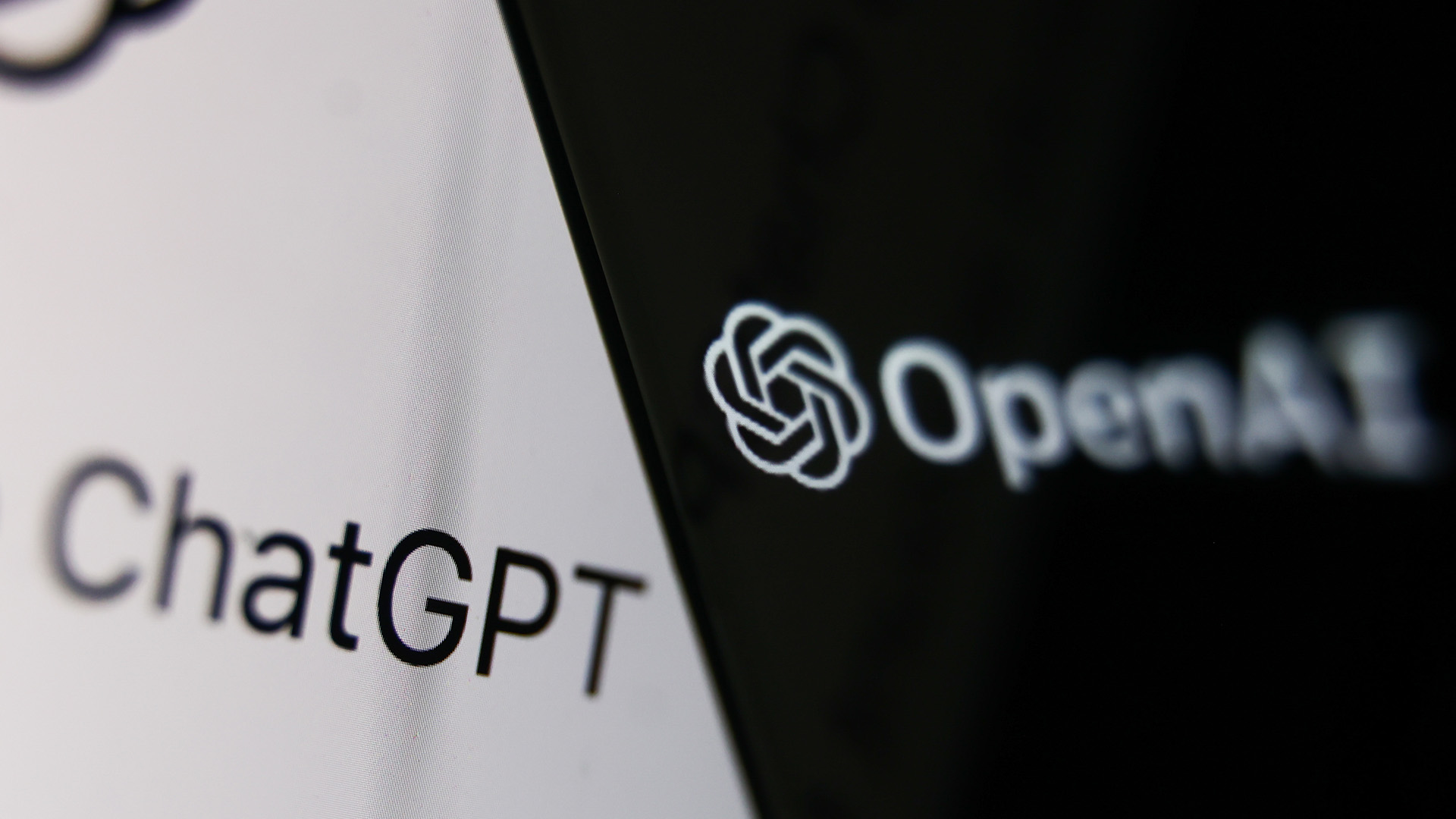
The realm of AI is evolving rapidly, particularly in how it intersects with copyright law. A recent report commissioned by the European Union’s Policy Department for Justice, Civil Liberties and Institutional Affairs has called into question the current approach to copyright in relation to generative AI.
Authored by Professor N. Lucchi from University Pompeu Fabra in Barcelona, the report discusses the inadequacies of the current opt-out model established under Article 4 of the 2019 Directive on Copyright in the Digital Single Market. This model has been criticized for allowing data scraping without adequate consent from copyright holders.
Proposed Changes
The main recommendation from the paper is to transition to an opt-in model, which would require explicit permission from content creators before their work can be utilized for AI training purposes. This shift aims to enhance the protection of creators’ rights and ensure fair remuneration.
Professor Lucchi argues that the existing framework, which presumes permission by default, is fundamentally flawed:
“The opt-out model … effectively treats silence as consent.”
— Professor N. Lucchi
In advocating for an opt-in system, the report asserts that legal clarity, fair remuneration, and enforceable content traceability are crucial for sustainable innovation. This model could offer a more equitable foundation for all stakeholders in the AI ecosystem, promoting respect for intellectual property while fostering technological growth.
Final Thoughts
The findings suggest that the EU is gearing up for a more comprehensive approach to regulating generative AI’s impact on copyright, a necessary conversation as AI technologies continue to advance.
